Christ In the Garden of Gethsemane, Heinrich Hofmann, 1890
THE OUR FATHER or LORD'S PRAYER
Our Father,
who art in heaven,
hallowed be Thy name.
Thy kingdom come.
Thy will be done, on earth as it is in heaven.
Give us this day our daily bread.
And forgive us our trespasses,
as we forgive those who trespass against us.
And lead us not into temptation,
but deliver us from evil.
Amen.
WHAT IS THE OUR FATHER?
The Our Father is the prayer which Jesus Christ taught to His disciples in response to their request: "Lord, teach us to pray" (Lk. 11:1). Because we received it directly from Christ in the Gospels it is the preeminent Christian prayer. The Our Father gives praise to God and expresses reliance on His providence. Above all, it affirms the filial relationship with the Creator now available to us in Christ. So intimate was Christ's relationship with the Father, in fact, that He referred to Him as "Abba!", an Aramaic term of endearment which may be translated into English as "Daddy!" (Mk. 14:36). Through Jesus, we, too, are encouraged to be this close to our God.
WHY DO WE PRAY THE OUR FATHER?
We pray the Our Father because it is the prayer which Jesus gave us to pray. It belongs to the Lord's Sermon on the Mount. Jesus prefaces it by condemning illicit forms of prayer, such as the prayer of the hypocrites, who pray publicly so that they will be seen by others, and Gentiles, who "heap up empty phrases" and "think that they will be heard for their many words" (Matt. 6:5-8). For Jesus, authentic prayer is a statement of trust, not in one's own goodness, but in the power and goodness of God. One might say that authentic Christian prayer is, in a way, less about what we say and more about how we say it. Real Christian prayer must come from the heart, flowing from our relationship with God Our Father through Christ His Son.
To call God Father is not to assign Him a sex. As the Catechism of the Catholic Church affirms, “God transcends the human distinction between the sexes. He is neither man nor woman: he is God” (par. 239). Because woman, too, was made in His image and likeness, furthermore, we should not be surprised to find passages of Scripture that ascribe feminine or motherly attributes to God (cf. Isa. 63:13; Matt. 23:37, et al.). And yet whenever His identity, who He is, is revealed, it is always “Father.”
While radical feminism may dismiss God's paternal title as a holdover from past patriarchal societies, calling God Father is more than mere sociology; it is a matter of divine revelation. Theologically speaking, God is Father because fathers send life, and He is the Creator. The Church, on the other hand, is called “Mother” because mothers receive life, and she receives life-giving grace from Him. Conversely, to call God Mother would be to deny His sovereignty as the Giver of Life – a grave matter indeed.
THE OUR FATHER IN SCRIPTURE & TRADITION
The Our Father is recorded both in the Gospel of Matthew and the Gospel of Luke. Luke's version is shorter, containing just five petitions, whereas Matthew's version contains seven. In some New Testament translations, Matthew's version includes the extra words: "For thine is the kingdom, the power, and the glory, now and forever." These words are a doxology, a short, flowery verse of praise appended to a prayer. Protestants tend to include the doxology when they pray the Lord's Prayer, while Catholics tend to end the prayer with the phrase "deliver us from evil." Which way of praying this prayer was the way originally taught by Jesus?
While some translations of the Gospel of Matthew include the doxology, most notably the Protestant King James Version, produced in the 17th century, the oldest extant manuscripts do not. For this reason, and because the doxology does not appear in any versions of Luke, it is thought that it may have been inserted by a scribe copying Matthew's Gospel. Likely the words were written in the margin of a manuscript and in time came to be accepted as part of the text.
While the doxology is not found in the most authoritative New Testament manuscripts, we know the early Christians were accustomed to saying it. We find it, for instance, in the ancient Church document known as the Didache, which was probably written in the latter part of the first century A.D., essentially at the same time as the New Testament.
The Didache is a thoroughly Catholic document – expressing beliefs about Baptism, the Mass, and Confession that are in agreement with what the Church has always taught and continues to believe today. The custom of adding the doxology at the end of the Lord's Prayer, then, appears to be part of Catholic tradition. And while the shorter version of the prayer is probably the one which Saint Matthew originally wrote down, either version of it is acceptable for Catholics to pray. In fact, the doxology is routinely said by Catholics today when the Our Father is recited at Mass.

